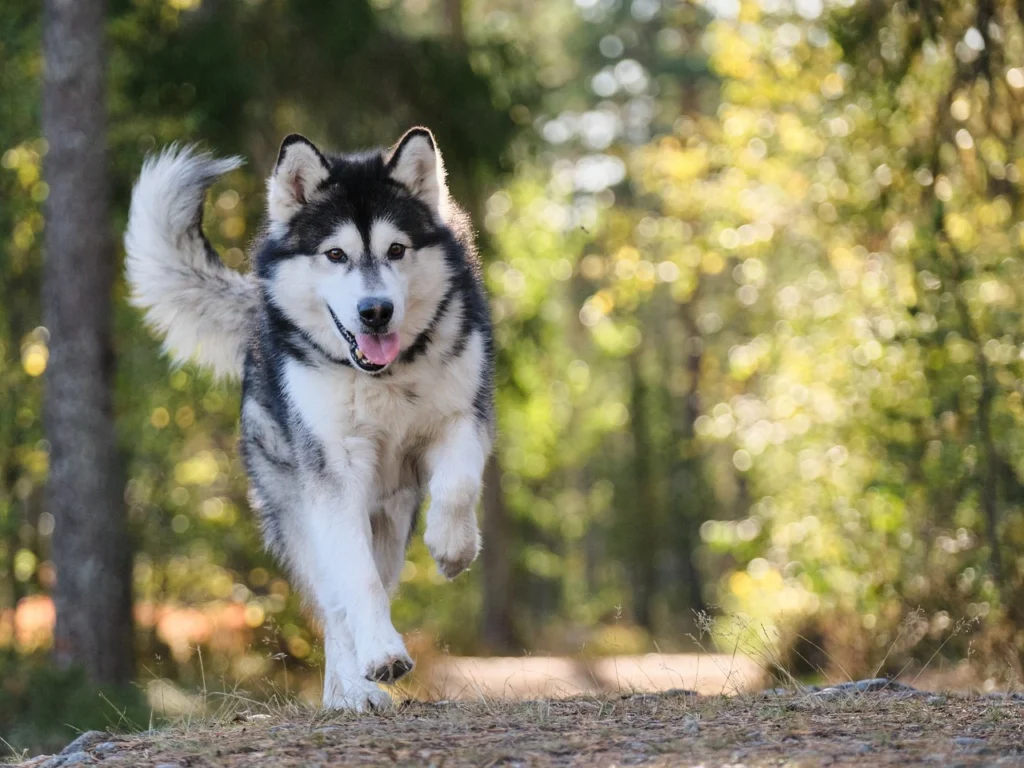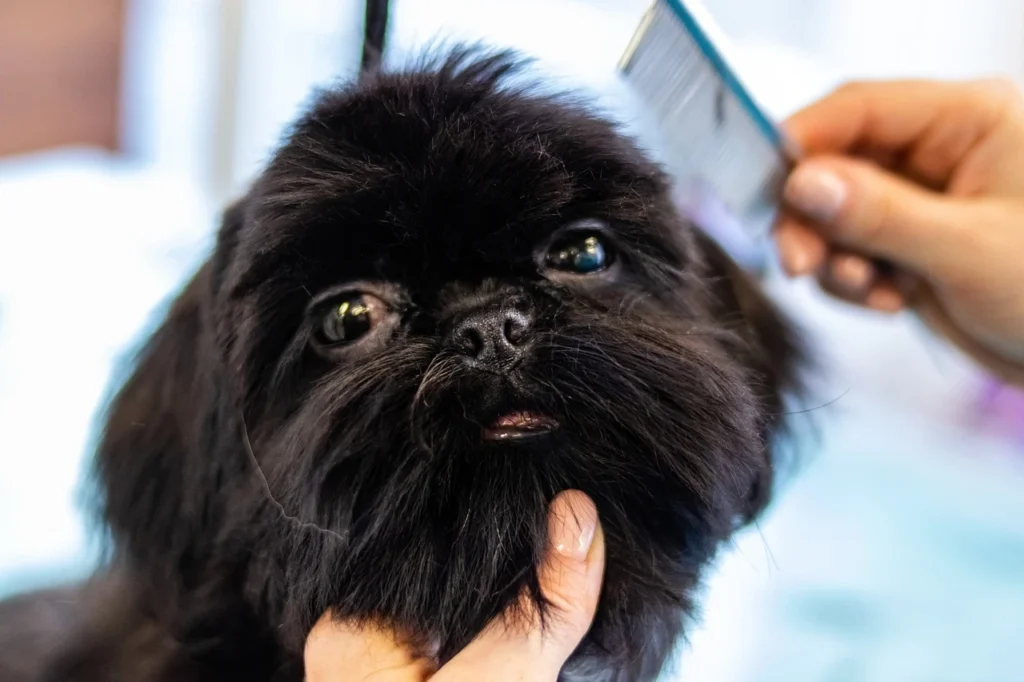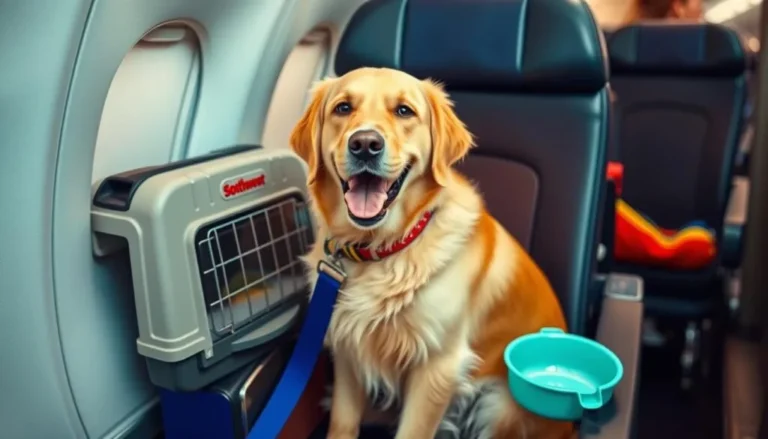The Ultimate Guide to Dog Care: Essential Tips for a Happy Pet

Introduction
Proper dog care is essential for the health and well-being of our furry friends. As responsible dog owners, it is our duty to provide the best possible care for our dogs. From nutrition and exercise to grooming and veterinary care, there are numerous factors to consider when it comes to optimal dog care. Whether you are a new dog owner or have had dogs for years, this article provides essential tips and advice to ensure that your dog receives the care and attention it deserves. So, let’s dive in and explore the key aspects of optimal dog care!
Proper nutrition and diet for your dog
Proper nutrition and diet play a crucial role in maintaining the overall health and well-being of your dog. Just like humans, dogs require a balanced and nutritious diet to thrive. Ensure that you provide your dog with high-quality dog food that contains the necessary vitamins, minerals, and proteins. Avoid feeding your dog table scraps or human food, as it may be harmful to their health. Consult your veterinarian to determine the appropriate portion size and feeding schedule for your dog based on its age, breed, and activity level. Remember to always provide fresh water and monitor your dog’s weight to prevent obesity. By prioritizing proper nutrition, you are giving your furry friend the best chance at a long and healthy life.
Read About Dog food Article – Best Premium Dog Food in the U.S. | Top Quality Brands
Regular exercise and mental stimulation
Regular exercise and mental stimulation are key aspects of optimal dog care. Just like humans, dogs need physical activity to keep their bodies and minds healthy. Regular exercise helps to maintain a healthy weight, strengthen muscles, and improve cardiovascular health. It also provides an outlet for energy, reducing the likelihood of destructive behavior and excessive barking.
In addition to physical exercise, dogs also require mental stimulation to prevent boredom and promote mental well-being. Providing interactive toys, puzzle toys, and engaging in training sessions are all great ways to stimulate your dog’s mind. Mental stimulation not only keeps them entertained but also helps prevent behavioral issues caused by boredom.
Remember to tailor the exercise and mental stimulation to your dog’s breed, age, and energy level. Consult your veterinarian for specific exercise recommendations and always supervise your dog during playtime to ensure their safety. By incorporating regular exercise and mental stimulation into your dog’s routine, you are promoting their overall well-being and happiness.

Routine vet check-ups and vaccinations
Regular vet check-ups and vaccinations are crucial for maintaining optimal dog care. Just like humans, dogs need routine medical care to ensure their health and prevent illness. Regular check-ups allow the veterinarian to monitor your dog’s overall health, catch any potential issues early on, and provide necessary vaccinations to protect against contagious diseases.
During vet visits, the veterinarian will conduct a thorough examination, including checking your dog’s weight, dental health, and overall body condition. They may also recommend additional preventive measures, such as flea and tick prevention or heartworm medication, based on your dog’s lifestyle and needs.
Vaccinations are essential in preventing various diseases, including rabies, distemper, parvovirus, and canine influenza. Keeping your dog up to date on vaccinations will help ensure their immune system is strong and protected from potentially life-threatening illnesses.
Consult your veterinarian to create a vaccination schedule and discuss any concerns or questions you may have. By prioritizing routine vet check-ups and vaccinations, you are taking proactive steps to keep your dog healthy and happy.
Grooming and hygiene practices
Regular grooming and hygiene practices are integral to maintaining optimal dog care. Grooming not only keeps your dog looking clean and presentable but also plays a vital role in their overall health and well-being.
Brushing your dog’s coat regularly helps to remove dirt, tangles, and loose hair. It also stimulates their skin, promotes blood circulation, and distributes natural oils that keep their fur healthy and shiny. The frequency and type of brush will depend on your dog’s breed and coat type, so consult with your veterinarian or a professional groomer for the best approach.
In addition to brushing, your dog’s ears, eyes, and teeth also require regular attention. Cleaning their ears weekly helps prevent infections, while regularly checking their eyes for redness, discharge, or signs of irritation can help identify any potential eye problems. Lastly, maintaining good dental hygiene by brushing your dog’s teeth daily or providing dental chews helps prevent gum disease and bad breath.
By incorporating grooming and hygiene practices into your dog’s routine, you are not only keeping them looking their best but also ensuring their overall health and wellness. Stay tuned for the next blog section on exercise and playtime tips for optimal dog care!

Training and socialization for a well-behaved dog
Training and socialization are crucial aspects of optimal dog care. A well-behaved dog is not only easier to handle but also enjoys a better quality of life.
Training your dog helps establish boundaries, reinforces good behavior, and prevents common issues such as excessive barking, biting, or destructive behavior. Start with basic obedience commands such as sit, stay, and come, and gradually progress to more advanced skills as your dog becomes more proficient.
Socialization is equally important as it helps your dog develop positive interactions with other dogs, animals, and people. Introduce your dog to different environments, sounds, and experiences to build their confidence and reduce anxiety in new situations.
Consider enrolling in obedience classes or working with a professional dog trainer to ensure effective and safe training methods.
Stay tuned for the final blog section on nutrition and health tips to provide your dog with a well-rounded care routine.
Read about more Dog Training Tips – Ultimate Guide to Training Your Dog at Home: A Complete Guide
Providing a safe and comfortable living environment
Creating a safe and comfortable living environment is essential for optimal dog care. Dogs need a space that is their own, where they can feel secure and relaxed. Provide a comfortable bed or crate where your dog can rest and retreat to when they need some downtime.
Make sure your home is dog-proofed, removing any potential hazards such as toxic plants, chemicals, or small objects that can be swallowed. Keep electrical cords or other items that could be chewed on out of reach.
It’s also important to create a consistent routine for your dog, including regular feeding and exercise times. Dogs thrive on routine, and it helps them feel secure and less anxious.
Remember to provide plenty of mental and physical stimulation for your dog. Interactive toys, puzzle games, and regular walks or play sessions can help prevent boredom and promote a happy and healthy lifestyle.
Stay tuned for the final blog section on nutrition and health tips to provide your dog with a well-rounded care routine.
Recognizing and addressing behavioral issues
Creating a safe and comfortable living environment is just one aspect of optimal dog care. Another important aspect is recognizing and addressing any behavioral issues that may arise.
Behavioral issues can manifest in various ways, such as aggression, separation anxiety, excessive barking, or destructive chewing. It’s crucial to address these issues promptly to ensure the well-being of your dog and maintain a harmonious home environment.
If you notice any concerning behaviors, it’s best to consult with a professional dog trainer or behaviorist. They can assess the situation and provide guidance on how to modify your dog’s behavior through positive reinforcement techniques.
In some cases, behavioral issues may be a sign of underlying health problems. It’s important to rule out any medical conditions by scheduling a visit to your trusted veterinarian.
By proactively addressing behavioral issues, you can promote a calm and balanced temperament in your dog, contributing to their overall happiness and well-being. Stay tuned for the final section on nutrition and health tips, which are essential components of optimal dog care.
The importance of affection and bonding
Building a strong bond with your furry friend is crucial for their emotional well-being and overall happiness. Dogs are social creatures who thrive on love, attention, and affection from their human companions.
Regularly spending quality time with your dog, engaging in activities such as playtime, walks, and training sessions, can strengthen your bond and create a sense of trust and security. It’s important to provide them with plenty of positive reinforcement and praise when they exhibit good behavior.
Physical affection, such as petting, cuddling, and gentle massages, can also go a long way in showing your love and care for your dog. Not only does it make them feel safe and loved, but it also has numerous health benefits, such as reducing stress and anxiety.
Remember, dogs are highly perceptive and can pick up on your emotions. Maintaining a calm and positive attitude around them will help create a relaxed and happy environment.
In the final section, we will discuss the importance of proper nutrition and health care in ensuring your dog’s optimal well-being. Stay tuned for more essential tips!

Conclusion
Building a strong bond with your furry friend is not only emotionally fulfilling but also essential for their overall well-being. Regular quality time, positive reinforcement, and physical affection can help foster trust and security between you and your dog.
In this blog, we discussed the importance of spending time engaging in activities like playtime, walks, and training sessions. These activities not only strengthen the bond but also provide mental stimulation for your dog. Additionally, providing them with plenty of positive reinforcement and praise reinforces good behavior.
We also highlighted the benefits of physical affection, such as petting and gentle massages, which help your dog feel loved and secure. It’s crucial to maintain a calm and positive attitude around them, as dogs are highly perceptive to your emotions.
In the next section, we will delve into the importance of proper nutrition and health care in ensuring your dog’s overall well-being. These factors play a vital role in their optimal health, so stay tuned for more essential tips!
FAQs on Optimal Dog Care
Q1: How often should I feed my dog?
A: Feeding frequency depends on your dog’s age, breed, and size. Puppies usually need 3-4 meals a day, while adult dogs typically do well with 1-2 meals daily. Consult your veterinarian to determine the best feeding schedule for your dog.
Q2: Can I give my dog human food as a treat?
A: Many human foods can be harmful to dogs, such as chocolate, grapes, onions, and foods high in fat or salt. Instead, choose dog-safe treats or consult your vet for safe options.
Q3: How much exercise does my dog need?
A: Exercise needs vary based on breed, age, and energy level. Active breeds like Border Collies require more exercise (1-2 hours daily), while smaller or older dogs may need less. Always tailor activities to your dog’s specific requirements.
Q4: How often should I take my dog to the vet?
A: Routine vet visits are recommended annually for adult dogs and more frequently for puppies or senior dogs. These visits help monitor your dog’s health and keep vaccinations up to date.
Q5: What should I do if my dog is overweight?
A: Start by consulting your veterinarian. They can recommend a weight management plan that includes portion control, a balanced diet, and regular exercise tailored to your dog’s needs.
Q6: How often should I groom my dog?
A: Grooming frequency depends on the breed and coat type. Long-haired dogs may need daily brushing, while short-haired breeds can be groomed weekly. Regular ear cleaning, nail trimming, and teeth brushing should also be part of the routine.
Q7: My dog barks excessively. What can I do?
A: Excessive barking can be due to boredom, anxiety, or a lack of training. Ensure your dog gets enough physical exercise and mental stimulation. Positive reinforcement training can also help curb excessive barking. Consider consulting a professional trainer if needed.





